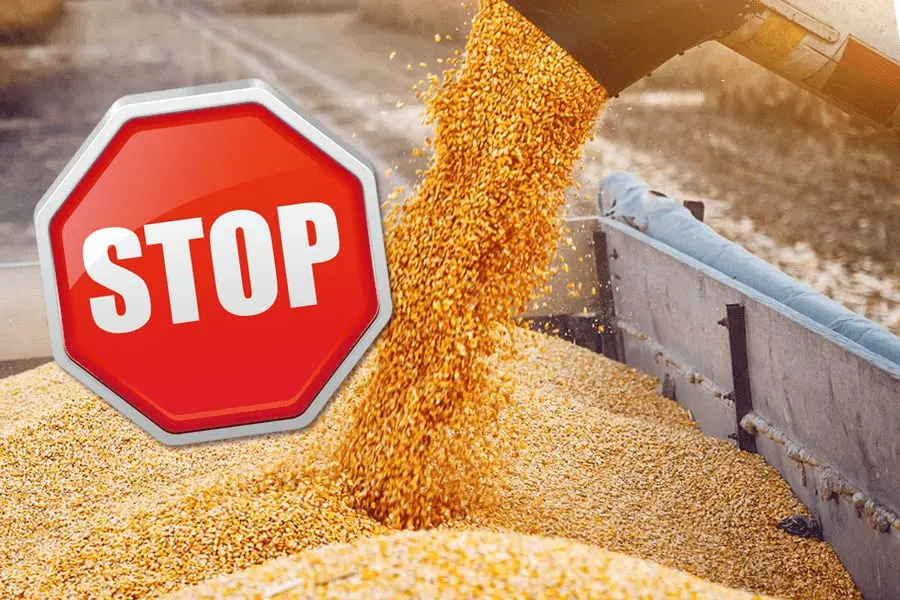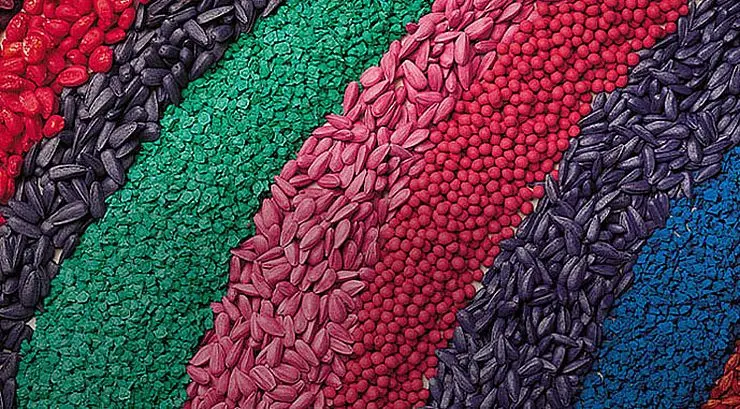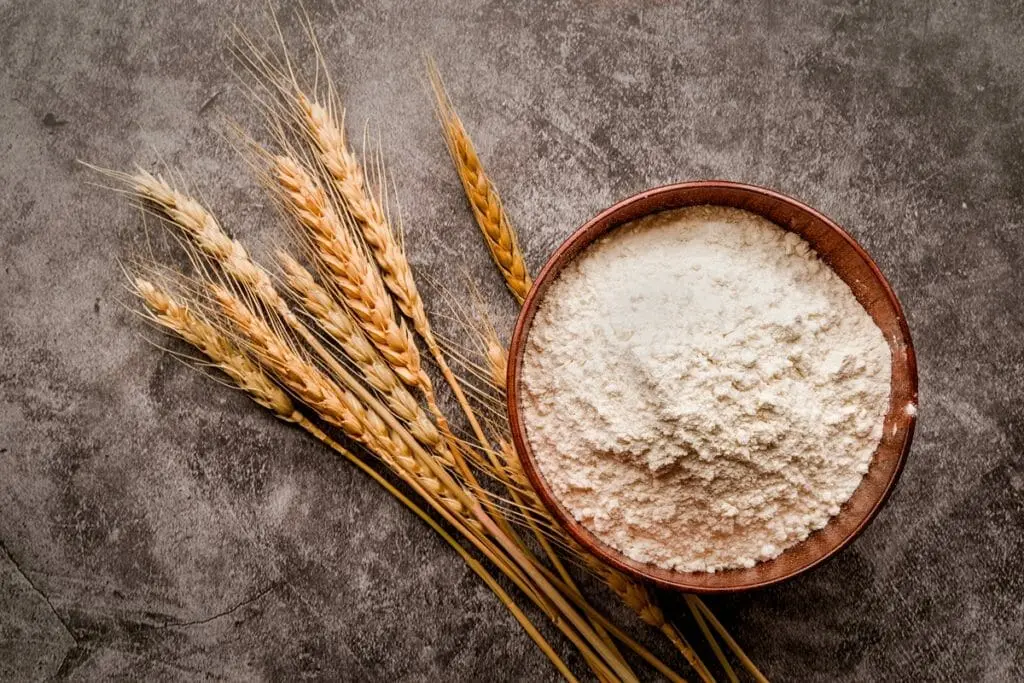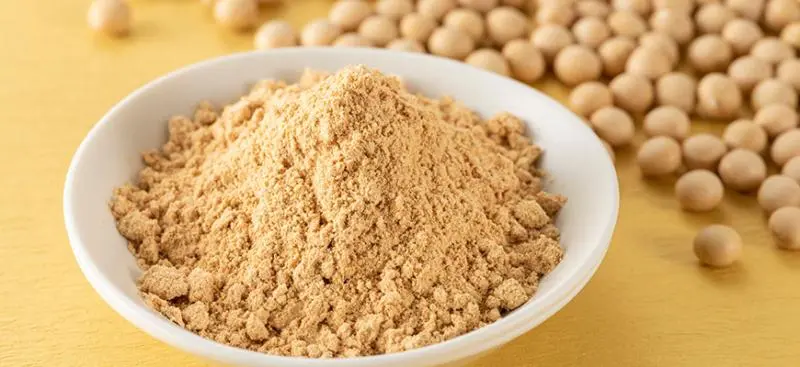The State Secretary of the Ministry of Agriculture of Hungary said that the government is taking measures to prevent the import of Ukrainian grain, which threatens markets.
At the Grain Production Symposium, Imre Hubái stressed that self-sufficiency is key and agricultural policy is subordinate to this goal. He noted that Ukrainian grain has destroyed local farmers’ markets in recent years, in particular due to the free trade agreement with the EU in 2022. Hubái stressed that importing such products is not in Hungary’s interests.
He also reported that spring frosts have damaged crops on 13 thousand hectares, and the drought is harming ecosystems and the economy. The government has allocated 4.7 billion forints for the Drought Protection Action Plan to provide 150-200 million cubic meters of water for the fields. The Ministry supports farmers by providing water to protect against drought.
F. Sándor Kovács noted that despite the difficult conditions, farmers remain optimistic. Gábor Fazekás stressed the importance of innovation in the face of climate change and competition. Tibor Szépesi emphasized that grain production is a matter of national security, and Zoltan Szatmáry announced the opening of a bulgur factory by the end of the year.


The Council of the European Union has recognized the equivalence of Ukrainian standards for the production of beet, sunflower, rapeseed and soybean seeds with European requirements. The Council of the EU announced this.
Thus, Ukrainian seeds of these crops have received full access to the EU market without additional checks, since Ukrainian quality control standards have been recognized as equivalent to European ones.
Ukraine has had equivalence for grain crops since 2020, and now the list has been expanded to include four more crops. This opens up a new large seed sales market for Ukraine.
The decision will enter into force 20 days after its publication in the Official Journal of the EU.
According to the report, the global sunflower lecithin market was valued at $324.6 million in 2018 and is projected to reach $754.8 million by 2032, growing at a CAGR of 5.7% from 2023 to 2032.
What is Sunflower Lecithin?
Sunflower lecithin is a natural lipid blend derived from sunflower seeds, either mechanically or chemically, and is prized for its superior emulsifying and stabilizing properties. Composed primarily of phospholipids-key components of cell membranes-sunflower lecithin enables even dispersion of fats in aqueous systems. This makes it highly valuable across a range of industries, including food, cosmetics, and nutraceuticals.


Ukraine has practically lost wheat markets in Asia and Africa, while focusing on exporting its products to Europe. Latifundist writes this, citing Ukrainian traders.
“We have lost 70% of the Egyptian market. All Ukrainian exporters have reoriented to Europe. We have lost not only the moment when it was possible to profitably sell to Egypt, but also the trust of the Egyptian buyer,” said the company Promising International Trading Co. DMCC.
As traders noted, in Tunisia, 75% of imported wheat is Russian, another part is French, and there is almost no Ukrainian. Positions have also been lost in the Sudan and Ethiopia markets.
In many African countries, in particular in Kenya and Nigeria, wheat with a high protein content (12.5%), which is mainly lacking in Ukrainian wheat, is in demand.
“And Russian trade diplomacy is very active there. That is, if 11.5% is acceptable to the majority, but if there is a threshold of 12.5%, Russia is present, but we are not,” TAS Agro added.
China has significantly reduced its wheat imports from the United States, a notable exception to the stable wheat markets despite the difficult trade negotiations. China, a “swing market,” typically buys U.S. wheat, particularly hard red winter wheat, when it sees a good opportunity, said Steve Mercer, senior vice president of communications at US Wheat Associates. But since August last year, purchases have stopped as China has found cheaper alternatives from other suppliers such as Australia and Russia.
China’s overall wheat imports have fallen sharply this year, likely as it seeks to reduce its reliance on foreign supplies amid the trade war with the United States. Mercer said tariffs are spurring talks between countries that could help avoid major disruptions to trade. U.S. farmers are looking to work with partners to address potential problems caused by tariff restrictions and remain optimistic about future talks.


Ukraine plans to sign an agreement for the export of its flour to China this year, the State Service of Ukraine on Food Safety and Consumer Protection said during the Agro Ukraine Summit in Kyiv, Ukraine.
In addition, the agency is working on opening exports to China of Ukrainian wheat, sorghum, millet, millet groats, as well as mustard to Peru and corn to Chile.
“The digitalization of phytosanitary services is a step toward simplifying the procedures for issuing phytosanitary documents, which significantly activates the diversification of Ukrainian exports,” he said. “And this year, the State Service of Ukraine on Food Safety and Consumer Protection achieved significant success — it introduced the ePhyto system in Ukraine. Currently, the system has issued 65,500 phytosanitary certificates, of which 51,100 are for destination countries that have joined the ePhyto HUB system.”
Chaykovsky said those who plan to export these products to China this year should contact the territorial bodies of the agency to conduct crop surveys, as provided for by the protocols.
Zahidnyi Bug plans to launch a pasta production facility in September this year, followed by a durum wheat mill in October. This was announced in an interview with Latifundist.com by Volodymyr Boichuk, head of the “Mill and Pasta Plant” project.
Currently, the first phase of the pasta factory is being prepared for installation.
“In autumn last year, we changed the concept and purchased specialized equipment for milling durum wheat. This will be the first such mill in Ukraine,” he said.
According to Boichuk, the original plan was to process both soft and hard wheat using a standard soft wheat mill. However, in practice, this approach significantly reduces the yield of the main product and results in up to 50% of unwanted by-products that are difficult to market.


The Global De-Oiled Lecithin Market reached US$ 220.6 million in 2023 and is expected to reach US$ 388.5 million by 2031, growing with a CAGR of 7.33% during the forecast period 2024-2031.
The De-Oiled Lecithin Market, as analyzed by DataM Intelligence, offers a comprehensive industry overview backed by in-depth insights, historical trends, and key statistics. The report dives deep into market dynamics and competitive strategies, profiling major players along with their product portfolios, pricing models, financial performance, growth initiatives, and regional presence.